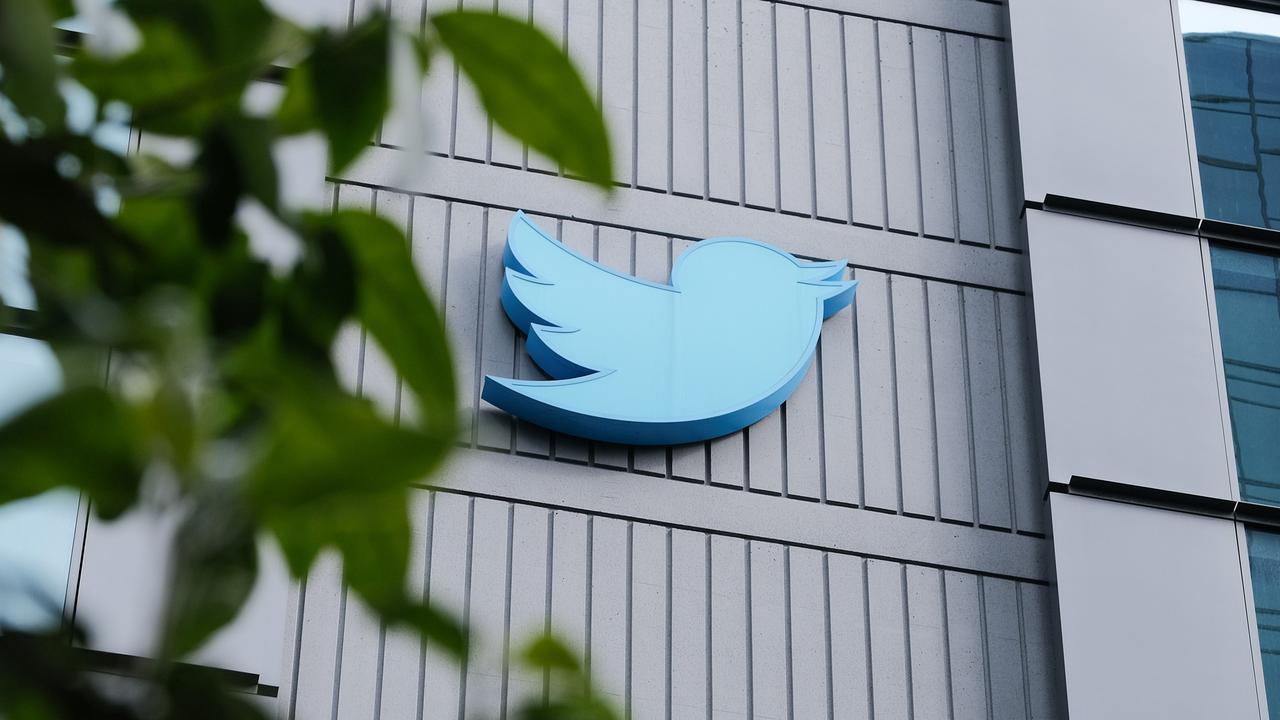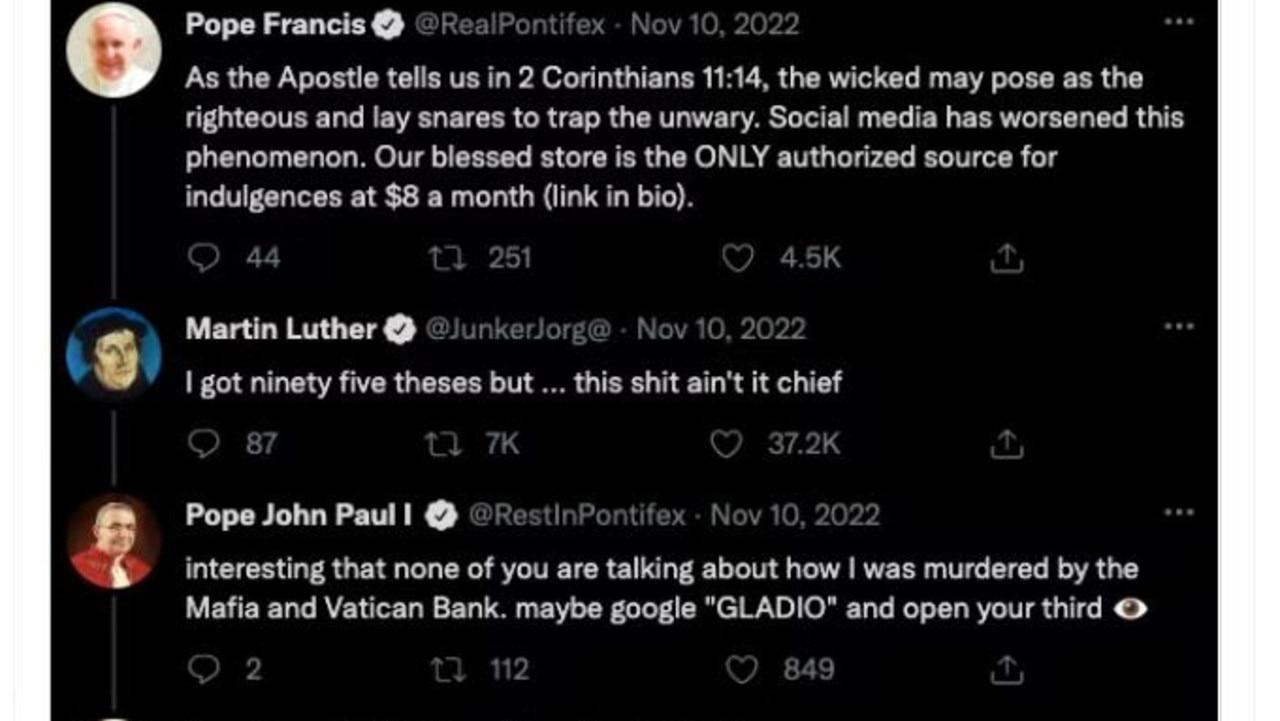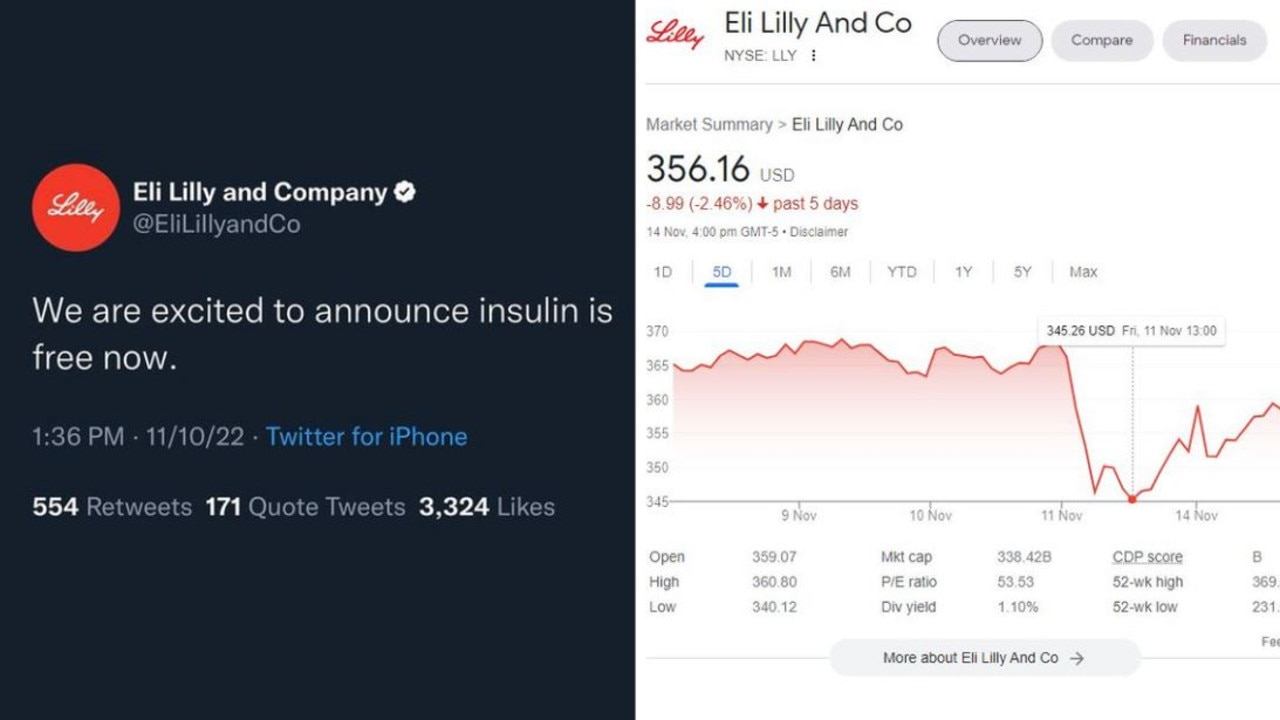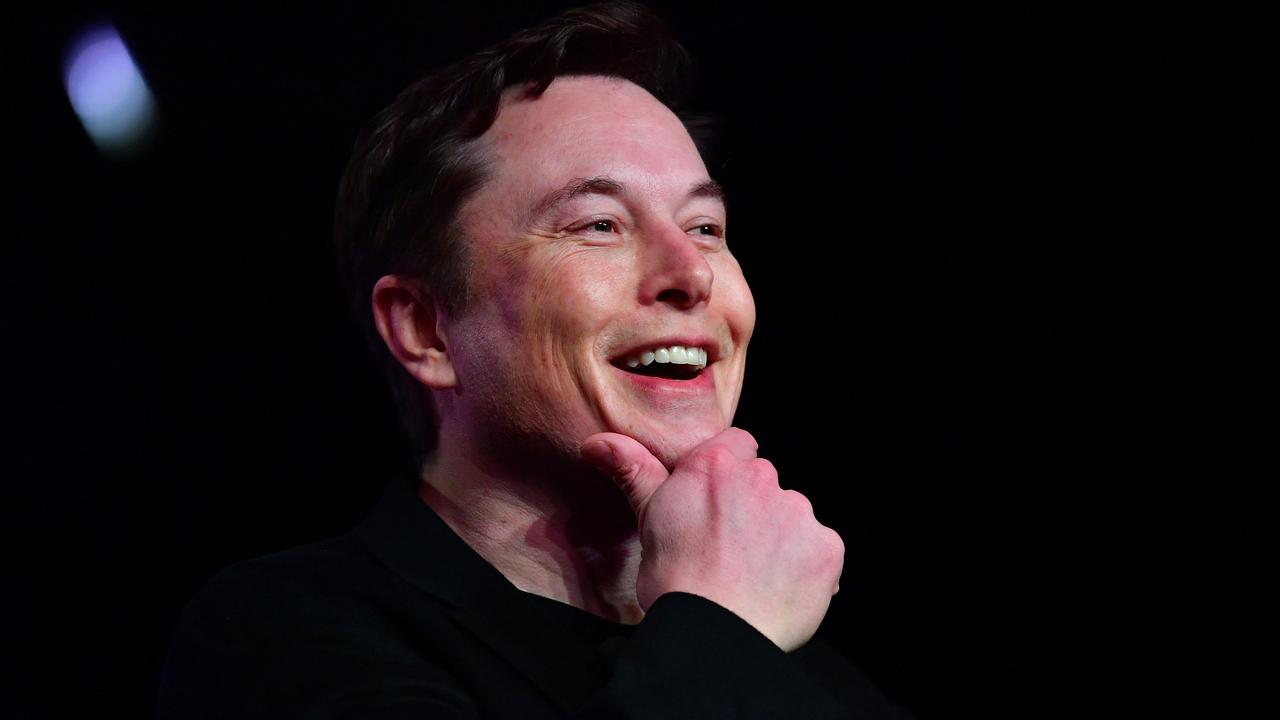Balenciaga quits Twitter as exodus grows after Elon Musk’s chaotic takeover
The major fashion brand has become the latest in a long line of companies to flee the social media platform amid ongoing chaos.
Elon Musk has made headline after headline – for all the wrong reasons – after taking over Twitter for a cool $US44 billion.
The eccentric billionaire sparked global outrage after aggressively laying off thousands of employees, has hinted that controversial banned Twitter users like Donald Trump may be able to return to the platform under his watch, and has already seen a slew of celebrities and advertisers flee the platform.
Balenciaga quits Twitter as exodus grows
Luxury fashion brand Balenciaga has joined the throng of major brand sfleeing the social media platform amid ongoing chaos since Musk’s takeover.
While the brand hasn’t shared specific details, it has confirmed it has deleted its Twitter account.
It comes after a slew of big advertisers have turned their backs on the site, including General Motors, Volkswagen, Pfizer and General Mills.
Many other companies have deactivated their accounts, including theatre guide Playbill, which tweeted late last week: “Because of its tolerance for hate, negativity and misinformation, our time with the social media platform has come to an end”.
Want to stream your news? Flash lets you stream 25+ news channels in 1 place. New to Flash? Try 1 month free. Offer available for a limited time only >

Twitter’s blue tick disaster
For years, certain Twitter accounts – such as those belonging to celebrities, public figures and companies – came with a famous blue tick, which indicated that the accounts were genuine and had been verified in order to prevent impersonation.
However, soon after taking over the social media giant, Musk introduced Twitter Blue, which has been described by the platform as a “premium subscription service that elevates quality conversations on Twitter” via an “opt-in, paid monthly subscription that adds a blue check mark to your account and offers early access to select new features, like Edit Tweet”.
In a nutshell, the service granted the once-coveted blue tick to anyone willing to pay $8 a month – which can easily be cancelled at any time – and almost immediately, the chaos began.
Twitter was soon inundated with fake accounts parodying businesses and well-known people such as George W Bush, Pope Francis and even Musk himself.
And while the majority were simple pranks, many ended up having very real and dire consequences.

Billions wiped
Among the jokes were a string of accounts impersonating major companies, such as pharmaceutical giant Eli Lilly & Co, Nintendo, Tesla and arms company Lockheed Martin, with some fake tweets sparking a major stock crash.
One of the biggest was caused by a faux Eli Lilly & Co account, which tweeted that: “We are excited to announce that insulin is free now”.

That “announcement” immediately saw the firm’s share price tank by a whopping 4.37 per cent, or $US16.08, given most of its revenue is generated by insulin sales.
it cost some hero $8 to evaporate billions in Eli Lilly stock value. Elon accidentally created one of the most cost effective anti capitalist tools in history.
— Robert Evans (The Only Robert Evans) (@IwriteOK) November 11, 2022
That equated to a staggering $US15 billion-odd loss to the firm’s market value, and prompted a frantic tweet from the real company account informing the public the first tweet was false.
But Eli Lilly wasn’t the only victim, with a range of other companies and individuals also targeted by hoax posts.


Twitter’s frantic scramble
As the chaos unfolded, Twitter was forced to halt the Twitter Blue service as moderators struggled to keep up with the onslaught of fake tweets and accounts.
But whether that’s enough to keep global companies and celebrities on the platform remains to be seen.
Reports have since emerged which indicate Twitter failed to adhere to its own risk evaluation process in the rush to roll out Twitter Blue, and also failed to include adequate content moderation tools.
More Coverage
We also know that around half of Twitter’s workforce has already been let go, indicating these problems are unlikely to be solved any time soon.

At the same time, advertisers have already been fleeing Twitter in the wake of Musk’s takeover, leading many to brand the unfolding situation as the “perfect storm” of conditions which could seriously curtail Twitter’s future, which was already in doubt given it hasn’t turned a profit since 2017, with Musk himself warning it could soon go bankrupt.
And it all adds up to a far less appealing platform for everyday users as well, leading The Verge’s Elizabeth Lopatto to warn of a potential “death spiral” ahead.






